
One of two sets recorded on one intense night at Tokyo's Shinjuku Pit Inn from the trio of Japanese improvised rock legend Haino Keiji, European Free Jazz saxophone master Peter Brotzmann, and versatile American composer and musician Jim O'Rourke.
In Stock
Quantity in Basket: None
Log In to use our Wish List
Shipping Weight: 4.00 units
EU & UK Customers:
Discogs.com can handle your VAT payments
So please order through Discogs
Sample The Album:
Keiji Haino-guitar, voice, Shamanism
Peter Brotzmann-tenor saxophone, alto saxophone, clarinet, Tarogato
Jim O'Rourke-guitar
Click an artist name above to see in-stock items for that artist.
UPC: 9120036681781
Label: Trost Records
Catalog ID: TROST 128CD
Squidco Product Code: 19551
Format: CD
Condition: New
Released: 2015
Country: Austria
Packaging: Cardboard Gatefold
Recorded At Shinjuku Pit Inn, in Tokyo, Jaoan, on November 23rd, 2010, by Yasuo Fujimura.
"Two City Blues 2 draws together three musicians of outstanding class: Keiji Haino is a Japanese vocalist and guitarist who has worked in a range of genres and with Derek Bailey, John Zorn and Fred Firth, to name just a few. Jim O'Rourke is a composer and guitarist who has made an impact on the U.S. improvisation scene. He has played with, amongst many others, Mats Gustaffson, Derek Bailey and Thurston Moore. Finally, Peter Brotzmann needs little introduction and remains one of the key players of improvisational music.
There are just two tracks listed on Two City Blues 2, and they provide sections in which the themes are developed, stretched and thrown back and forth between the musicians. The first section, "Two City Blues," starts off with recurrent themes, all deceptively calm. Each musician trials riffs and themes, largely set by the saxophone of Brotzmann before they merge and the piece develops. At times, the guitar sounds countrified and at others, metallic and eerie.
Over this, Peter Brotzmann instills order to some degree with repeated riffs and then, just when you get a little comfortable - about two minutes in - the voice of Haino screeches over the top of the instruments like a banshee. After a few wails and gut-wrenching, however the voice becomes as much part of the musical development as the instruments. Before long, all players are enmeshed in a bizarre interaction involving rapid thrumming on the guitar, manic overplaying by Brotzmann and occasional vocal interjection by Haino.
The middle section is largely led by Peter Brotzmann, soloing over the guitar and sometimes alone with ethereal echoes in the background. The use of the shamisen, a three-stringed Japanese instrument, and the Taragota both enrich the sounds - even as Haino's voice acts as the backboard in many sections. There is a lovely talking section between sax and voice, as Peter Brotzmann creates his now-standard "pic-a-pic" voice, making the sax sound like Mr. Punch on a good day even as Haino continues interspersing vocals. By this time, the latter have developed into almost recognizable tunes. Then, of course, "Two City Blues" develops further and a maelstrom of sound is created using all instruments and a certain amount of electronic tweaking.
Part 2 is titled "One Fine Day," and starts with a Peter Brotzmann solo interspersed with guitar. This develops into a free-for-all section, led by the sax and punctuated with Brotzmann's characteristic long notes - which introduce a tag onto which the others hold and fly. Beautifully developed, this is short at just over six minutes but very, very sweet.
Along the way, Peter Brotzmann and friends prove that there is room for all kinds of music in this world. Two City Blues 2 is a good combination of musicians, and a CD which makes an intriguing listen."-Sammy Stein, Something Else Reviews
See also "Two City Blues" Part 1 on vinyl LP.Get additional information at Something Else!
Artist Biographies
• Show Bio for Keiji Haino "Keiji Haino (灰野 敬二 Haino Keiji) born May 3, 1952 in Chiba, Japan, and currently residing in Tokyo, is a Japanese musician and singer-songwriter whose work has included rock, free improvisation, noise music, percussion, psychedelic music, minimalism and drone music. He has been active since the 1970s and continues to record regularly and in new styles. Haino's initial artistic outlet was theatre, inspired by the radical writings of Antonin Artaud. An epiphanic moment came when he heard The Doors' "When The Music's Over" and changed course towards music. After brief stints in a number of blues and experimental outfits, he formed improvised rock band Lost Aaraaf in 1970. In the mid 1970s, having left Lost Aaraaf, he collaborated with psychedelic multi-instrumentalist Magical Power Mako. His musical output throughout the late 1970s is scarcely documented, until the formation of his rock duo Fushitsusha in 1978 (although their first LP did not surface until 1989). This outfit initially consisted of Haino on guitar and vocals, and Tamio Shiraishi on synthesizer. With the departure of Shiraishi and the addition of Jun Hamano (bass) and Shuhei Takashima (drums), Fushitsusha operated as a trio. The lineup soon changed, with Yasushi Ozawa (bass) and Jun Kosugi (drums) performing throughout the 1990s, but returned to a duo with Haino supplementing percussion with tape-loops. Haino formed Aihiyo in 1998, principally playing a diverse range of covers (including The Rolling Stones, The Ronettes, and the Jimi Hendrix Experience), transforming the original material into Haino's unique form of garage psychedelia. NHK, Japan's national broadcaster, banned him from broadcast from 1973 to 2013. Other groups Haino has formed include Vajra (with underground folk singer Kan Mikami and drummer Toshiaki Ishizuka), Knead (with the avant-prog outfit Ruins), Sanhedolin (with Yoshida Tatsuya of Ruins and Mitsuru Nasuno of Korekyojinn, Altered States and Ground Zero) and a solo project called Nijiumu. He has also collaborated with many artists, including Faust, Boris, Derek Bailey, Joey Baron, Peter Brötzmann, Lee Konitz, Loren Mazzacane Connors, Charles Gayle, Earl Kuck, Bill Laswell, Musica Transonic, Stephen O'Malley, Makigami Koichi, Ayuo, Merzbow, Oren Ambarchi, Jim O'Rourke, John Zorn, Yamantaka Eye, John Duncan, Fred Frith and Charles Hayward. His main instruments of choice have been guitar and vocals, with many other instruments and approaches incorporated into his career's work. Haino is known for intensely cathartic sound explorations, and despite the fact that much of his work contains varied instrumentation and accompaniment, he retains a distinctive style. Haino cites a broad range of influences, including troubadour music, Marlene Dietrich, Iannis Xenakis, Blue Cheer, Syd Barrett, and Charlie Parker. At a young age, he had an epiphany through his introduction to The Doors. His recent foray into DJing at Tokyo nightclubs has reportedly reflected his eclectic taste. He has had a long love affair with early blues music, particularly the works of Blind Lemon Jefferson, and is heavily inspired by the Japanese musical concept of "Ma", the silent spaces in music (see Taiko for more information). In a 2012 interview with Time Out Tokyo, he described his approach as "defying the notion that you can't create something from nothing." He also has a keen interest in Butoh dancing and collecting ethnic instruments. Haino's distinctive style extends to his lifestyle: he has sported the same long hair, black clothes and sunglasses throughout his career, and is a strict vegetarian who has refrained from alcohol, tobacco and illegal drugs for his entire life." ^ Hide Bio for Keiji Haino • Show Bio for Peter Brotzmann "Born Remscheid, Germany on 6 March 1941; soprano, alto, tenor, baritone and bass saxophones, a-clarinet, e-flat clarinet; bass clarinet, tarogato. Peter Brötzmann's early interest was in painting and he attended the art academy in Wuppertal. Being very dissatisfied with the gallery/exhibition situation in art he found greater satisfaction playing with semi-professional musicians, though continued to paint (as well as retaining a level of control over his own records, particularly in record sleeve/CD booklet design). In late 2005 he had a major retrospective exhibition jointly with Han Bennink - two separate buildings separated by an inter-connecting glass corridor - in Brötzmann's home town of Remscheid. Self-taught on clarinets, he soon moved to saxophones and began playing swing/bebop, before meeting Peter Kowald. During 1962/63 Brötzmann, Kowald and various drummers played regularly - Mingus, Ornette Coleman, etc. - while experiencing freedoms from a different perspective via Stockhausen, Nam June Paik, David Tudor and John Cage. In the mid 1960s, he played with American musicians such as Don Cherry and Steve Lacy and, following a sojourn in Paris with Don Cherry, returned to Germany for his unorthodox approach to be accepted by local musicians like Alex von Schlippenbach and Manfred Schoof. The trio of Peter Brötzmann, Peter Kowald and Sven-Ake Johansson began playing in 1965/66 and it was a combination of this and the Schoof/Schlippenbach Quintet that gave rise to the first Globe Unity Orchestra. Following the self-production of his first two LPs, For Adolphe Sax and Machine gun for his private label, BRÖ, a recording for Manfred Eicher's 'Jazz by Post' (JAPO) [Nipples], and a number of concert recordings with different sized groups, Brötzmann worked with Jost Gebers and started the FMP label. He also began to work more regularly with Dutch musicians, forming a trio briefly with Willem Breuker and Han Bennink before the long-lasting group with Han Bennink and Fred Van Hove. As a trio, and augmented with other musicians who could stand the pace (e.g. Albert Mangelsdorff on, for example, The Berlin concert), this lasted until the mid-1970s though Brötzmann and Bennink continued to play and record as a duo, and in other combinations, after this time. A group with Harry Miller and Louis Moholo continued the trio format though was cut short by Miller's early death. The thirty-plus years of playing and recording free jazz and improvised music have produced, even on just recorded evidence, a list of associates and one-off combinations that include just about all the major figures in this genre: Derek Bailey (including performances with Company (e.g. Incus 51), Cecil Taylor, Fred Hopkins, Rashied Ali, Evan Parker, Keiji Haino, Misha Mengelberg, Anthony Braxton, Marilyn Crispell, Andrew Cyrille, Phil Minton, Alfred 23 Harth, Tony Oxley. Always characterised as an energy player - and the power-rock setting of Last Exit with Ronald Shannon Jackson, Sonny Sharock and Bill Laswell, or his duo performances with his son, Casper, did little to disperse this conviction - his sound is one of the most distinctive, life-affirming and joyous in all music. But the variety of Brötzmann's playing and projects is less recognised: his range of solo performances; his medium-to-large groups and, in spite of much ad hoc work, a stability brought about from a corpus of like- minded musicians: the group Ruf der Heimat; pianist Borah Bergman; percussionist Hamid Drake; and Die like a dog, his continuing tribute to Albert Ayler, with Drake, William Parker and Toshinori Kondo. Peter Brötzmann continues a heavy touring schedule which, since 1996 has seen annual visits to Japan and semi-annual visits to the thriving Chicago scene where he has played in various combinations from solo through duo (including one, in 1997, with Mats Gustafsson) to large groups such as the Chicago Octet/Tentet, described below. He has also released a number of CDs on the Chicago-based Okka Disk label, including the excellent trio with Hamid Drake and the Moroccan Mahmoud Gania, at times sounding like some distant muezzin calling the faithful to become lost in the rhythm and power of the music. The "Chicago Tentet" was first organized by Brötzmann with the assistance of writer/presenter John Corbett in January 1997 as an idea for a one-time octet performance that included Hamid Drake and Michael Zerang (drums), Kent Kessler (bass) and Fred Lomberg-Holm (cello), Ken Vandermark and Mars Williams (reeds), and Jeb Bishop (trombone). The first meeting was extremely strong and warranted making the group an ongoing concern and in September of that same year the band was expanded to include Mats Gustafsson (reeds) and Joe McPhee (brass) as permanent members (with guest appearances by William Parker (bass), Toshinori Kondo (trumpet/electronics), and Roy Campbell (trumpet) during its tenure) - all in all a veritable who's who of the contemporary improvising scene's cutting edge. Though the Tentet is clearly led by Brötzmann and guided by his aesthetics, he has been committed to utilizing the compositions of other members in the ensemble since the beginning. This has allowed the band to explore an large range of structural and improvising tactics: from the conductions of Mats Gustafsson and Fred Lonberg-Holm, to the vamp pieces of Michael Zerang and Hamid Drake, to compositions using conventional notation by Ken Vandermark and Mars Williams, to Brötzmann's graphic scores - the group employs almost every contemporary approach to composing for an improvising unit. This diversity in compositional style, plus the variety in individualistic approaches to improvisation, allows the Tentet to play extremely multifaceted music. As the band moves from piece to piece, it explores intensities that range from spare introspection to all out walls of sound, and rhythms that are open or free from a steady pulse to those of a heavy hitting groove. It is clear that the difficult economics of running a large band hasn't prevented the group from continuing to work together since its first meeting. Through their effort they've been able to develop an ensemble sound and depth of communication hard to find in a band of any size or style currently playing on the contemporary music scene." ^ Hide Bio for Peter Brotzmann • Show Bio for Jim O'Rourke "O'Rourke was born on January 18, 1969 in Chicago, Illinois. He is an alumnus of DePaul University. He has released albums of jazz, noise, glitchy electronica and rock music. O'Rourke has collaborated with Thurston Moore, Lee Ranaldo, Derek Bailey, Mats Gustafsson, Mayo Thompson, Brigitte Fontaine, Loren Mazzacane Connors, Merzbow, Nurse with Wound, Phill Niblock, Fennesz, Organum, Phew, Henry Kaiser, Flying Saucer Attack, and in 2006 mixed Joanna Newsom's album Ys. In 2009, he also mixed several tracks on Newsom's follow up Have One On Me. He has produced albums by artists such as Sonic Youth, Wilco, Stereolab, Superchunk, Kahimi Karie, Quruli, John Fahey, Smog, Faust, Tony Conrad, The Red Krayola, Bobby Conn, Beth Orton, Joanna Newsom and U.S. Maple. He mixed Wilco's Yankee Hotel Foxtrot album and produced their 2004 album, A Ghost Is Born, for which he won a Grammy Award for "Best Alternative Album". During the recording of Yankee Hotel Foxtrot, O'Rourke collaborated with Wilco member Jeff Tweedy and pre-Wilco Glenn Kotche under the name Loose Fur. Their self-titled debut was released in 2003 with a follow-up in 2006 entitled Born Again in the USA. He also mixed the unfinished recordings that made up a planned third album by the late American singer-songwriter Judee Sill, recorded in 1974 and mixed by O'Rourke for a 2005 release. O'Rourke was once a member of Illusion of Safety, Gastr Del Sol (with David Grubbs) and Sonic Youth. Beginning in 1999 he played bass guitar, guitar and synthesizer with Sonic Youth, in addition to recording and mixing duties with the group. He withdrew as a full member in late 2005, but continued to play with them in some of their side projects. In the early 1993, O'Rourke formed an avant-rock group with Darin Gray and Dylan Posa called Brise-Glace. The band released one studio album, When in Vanitas..., in 1994. They also released a 7" in the same year titled In Sisters All and Felony/Angels on Installment Plan. O'Rourke has also released many albums under his own name on a variety of labels exploring a range of electronic and avant-garde styles. His most well-known works may be his series of releases on Drag City, which focus on more traditional songcraft: Bad Timing (1997), Eureka (1999), Insignificance (2001), The Visitor (2009) and Simple Songs (2015). The titles of the first four albums all refer to films by the British director Nicolas Roeg; the first three by direct reference to film titles, the fourth being titled after a fictional album within Roeg's film The Man Who Fell To Earth. With music director Takehisa Kosugi, he played for the Merce Cunningham dance company for four years. O'Rourke received a 2001 Foundation for Contemporary Arts Grants to Artists Award." ^ Hide Bio for Jim O'Rourke
10/29/2025
Have a better biography or biography source? Please Contact Us so that we can update this biography.
10/29/2025
Have a better biography or biography source? Please Contact Us so that we can update this biography.
10/29/2025
Have a better biography or biography source? Please Contact Us so that we can update this biography.
Track Listing:
1. Two City Blues 2 49:14
2. One Fine Day 6:04
Improvised Music
Free Improvisation
European Improvisation, Composition and Experimental Forms
Trio Recordings
Unusual Vocal Forms
Peter Brotzmann
Keiji Haino
O'Rourke. Jim
Staff Picks & Recommended Items
Miva Delete Product Category
Search for other titles on the label:
Trost Records.


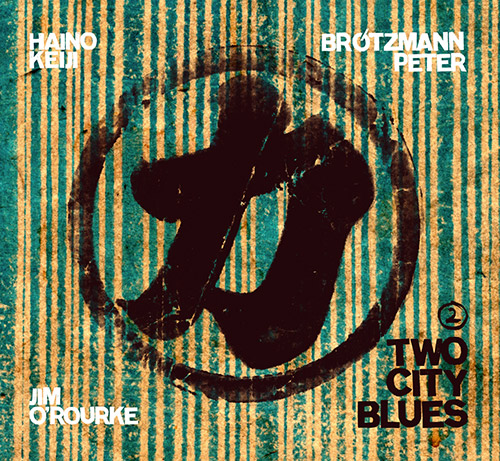

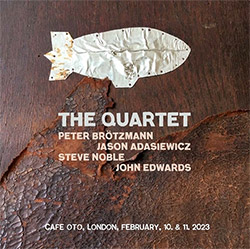


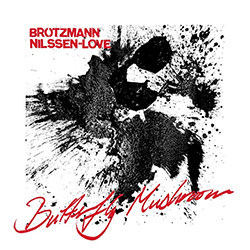
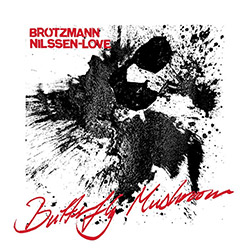
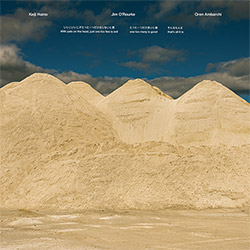

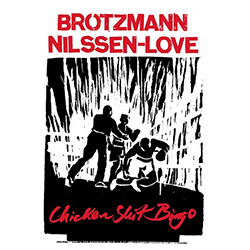

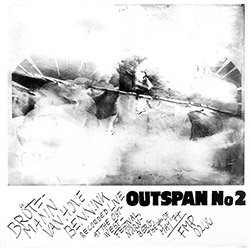

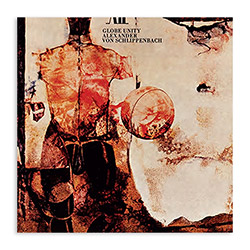
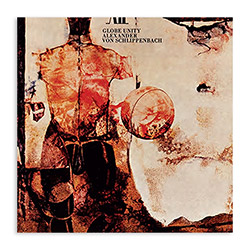



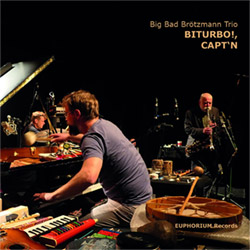
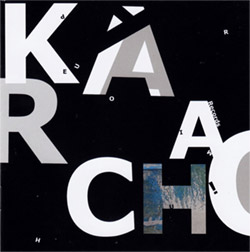
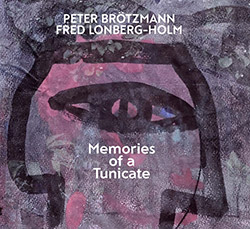
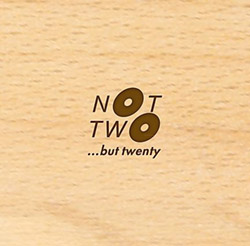


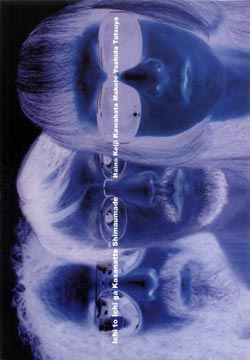
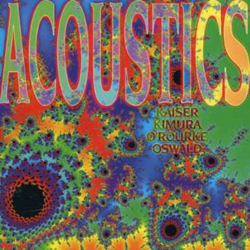
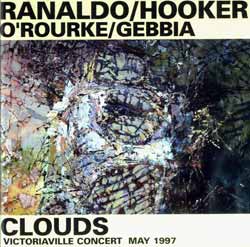

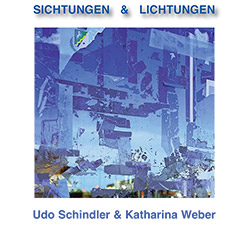



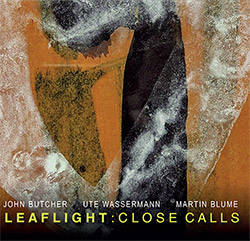
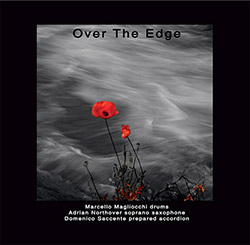

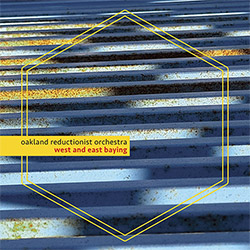

![Eubanks, Bryan: Songbook [VINYL w/ DOWNLOAD]](https://www.teuthida.com/productImages/misc4/36865.jpg)
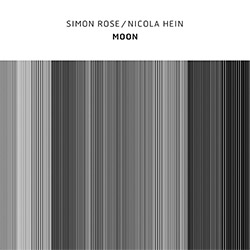

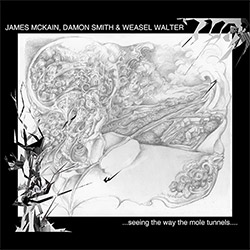
![Toeplitz, Kasper T.: Erosions Programmees [CD + BOOKLET]](https://www.teuthida.com/productImages/misc4/36639.jpg)

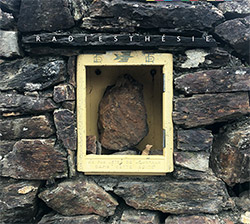
![Genthon, Anouck / Lionel Marchetti: Suite Blanche [2 CDs]](https://www.teuthida.com/productImages/misc4/36642.jpg)
![Le UN (Agnel / Battus / Chiesa / Doneda / Gauget / Marchetti / Petit): Le Havre [VINYL + CD]](https://www.teuthida.com/productImages/misc4/36643.jpg)
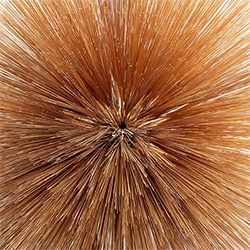


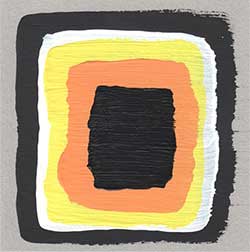
![Pisaro-Liu, Michael: Within (2) / Appearance (2) [2 CDs]](https://www.teuthida.com/productImages/misc4/36831.jpg)
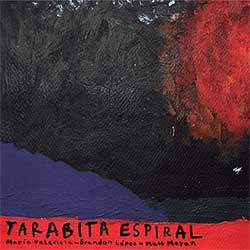
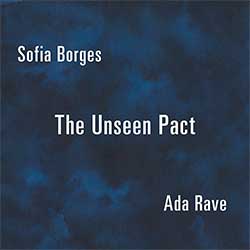
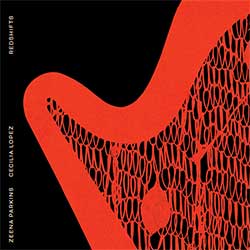
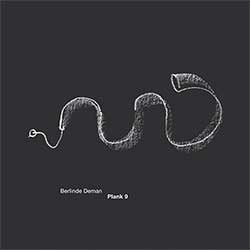
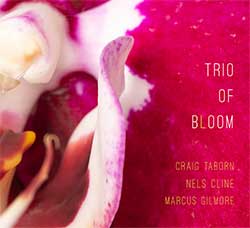

![Halls Of the Machine: All Tribal Dignitaries [CASSETTE w/ DOWNLOAD]](https://www.teuthida.com/productImages/misc4/36134.jpg)
![Singh, Laura Ann Quintet (w / Clark / Hopkins / Lilley / Miller): Mean Reds [VINYL]](https://www.teuthida.com/productImages/misc4/36761.jpg)
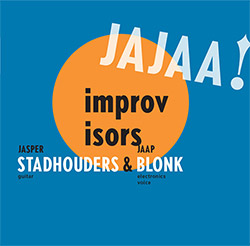

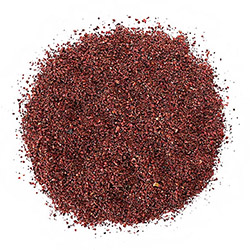
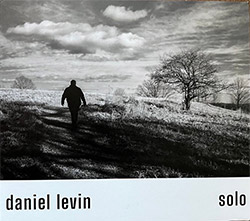

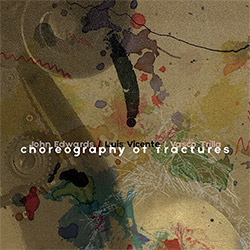
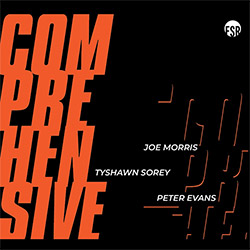
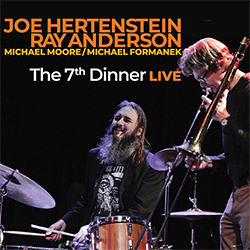
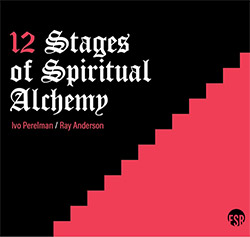
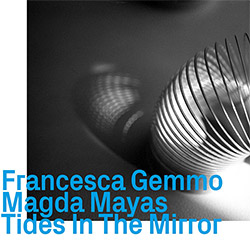

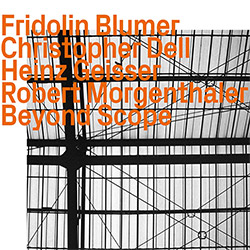
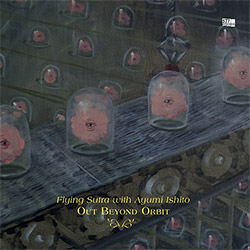
![Gate, The : Amost Live [CASSETTE + MAGAZINE]](https://www.teuthida.com/productImages/misc4/36836.jpg)





![A Magic Whistle: The Solar Cell [VINYL]](https://www.teuthida.com/productImages/misc4/36658.jpg)

![McGee, Hal: Columbus Expedition [Cassette w/ Download]](https://www.teuthida.com/productImages/misc4/36650.jpg)


![Jaeger, Kassel: Fernweh [VINYL 2 LPs]](https://www.teuthida.com/productImages/misc4/36541.jpg)





![+DOG+: The Light Of Our Lives [2 CDs]](https://www.teuthida.com/productImages/misc4/36009.jpg)


![Eternities: Rides Again [CASSETTE]](https://www.teuthida.com/productImages/misc4/36247.jpg)

![Lopez, Francisco: Untitled (2021-2022) [2 CDs]](https://www.teuthida.com/productImages/misc4/36438.jpg)














![Musicworks Magazine: #151 Summer 25 [MAGAZINE + CD]](https://www.teuthida.com/productImages/misc4/36559.jpg)

![Brown, Dan / Dan Reynolds: Live At The Grange Hall [unauthorized][CASSETTE]](https://www.teuthida.com/productImages/misc4/36245.jpg)








![Palestine, Charlemagne / Seppe Gebruers: Beyondddddd The Notessssss [VINYL]](https://www.teuthida.com/productImages/misc4/36206.jpg)
![Palestine, Charlemagne / Seppe Gebruers: Beyondddddd The Notessssss [NEON GREEN VINYL]](https://www.teuthida.com/productImages/misc4/36207.jpg)

![Laubrock, Ingrid: Purposing The Air [2 CDs]](https://www.teuthida.com/productImages/misc4/35639.jpg)

![Yoko, Ono / The Great Learning Orchestra: Selected Recordings From Grapefruit [2 CDs]](https://www.teuthida.com/productImages/misc4/35841.jpg)





![Koenjihyakkei: Live at Club Goodman [2 CDs]](https://www.teuthida.com/productImages/misc4/36111.jpg)

![Sorry For Laughing (G. Whitlow / M. Bates / Dave-Id / E. Ka-Spel): Rain Flowers [2 CDS]](https://www.teuthida.com/productImages/misc4/35985.jpg)

![Rolando, Tommaso / Andy Moor : Biscotti [CASSETTE w/ DOWNLOADS]](https://www.teuthida.com/productImages/misc4/36106.jpg)


![Electric Bird Noise / Derek Roddy: 8-10-22 [CD EP]](https://www.teuthida.com/productImages/misc4/35970.jpg)








![Elephant9 : Mythical River [VINYL]](https://www.teuthida.com/productImages/misc4/34624.jpg)



![Elephant9 with Terje Rypdal: Catching Fire [VINYL 2 LPs]](https://www.teuthida.com/productImages/misc4/35355.jpg)
![Deerlady (Obomsawin, Mali / Magdalena Abrego): Greatest Hits [VINYL]](https://www.teuthida.com/productImages/misc4/34876.jpg)




![Coley, Byron: Dating Tips for Touring Bands [VINYL]](https://www.teuthida.com/productImages/misc4/17906.jpg)

![Lost Kisses: My Life is Sad & Funny [DVD]](https://www.teuthida.com/productImages/misc4/lostKissesDVD.jpg)